In the vast realm of avian wonders, the owl stands out as a symbol of wisdom and intelligence.
Revered across cultures for its enigmatic nocturnal nature and keen hunting prowess, the owl has earned its reputation as an intelligent bird through centuries of observation and folklore.
With its large, forward-facing eyes, exceptional hearing, and remarkable problem-solving abilities, the owl encapsulates qualities that have captivated human fascination for generations.
This exploration delves into why is the owl called an intelligent bird, deciphering the behavioral and physiological adaptations that make it a true marvel of avian cognition.
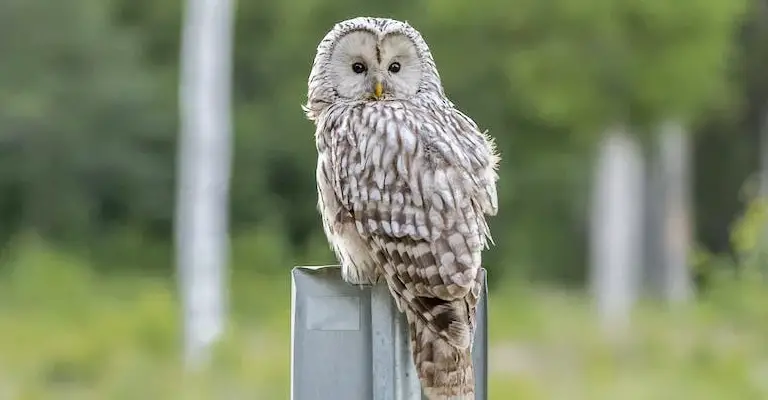
Why Is The Owl Called An Intelligent Bird?
The owl is often called an intelligent bird because of its association with wisdom and knowledge in many cultures and myths.
However, the actual intelligence of owls is still a matter of debate among scientists and bird enthusiasts.
Here are a couple of possible reasons why owls are considered smart:
Appearance
One reason why owls are seen as intelligent is because of their appearance. Owls have large eyes and round faces that resemble human features, making them seem more expressive and attentive.
Owls also have to turn their head to look around, which gives the impression of curiosity and concentration. Some people may project human qualities like wisdom or intelligence onto owls based on their facial expressions.
Mythology
Another reason why owls are regarded as intelligent is because of their role in mythology and folklore.
Owls have been symbols of wisdom and knowledge in many ancient civilizations, such as Greece, Egypt, India, and China. For example, the owl was the sacred animal of Athena, the Greek goddess of wisdom and war.
Owls were also believed to have prophetic powers and reveal hidden truths.
Adaptation
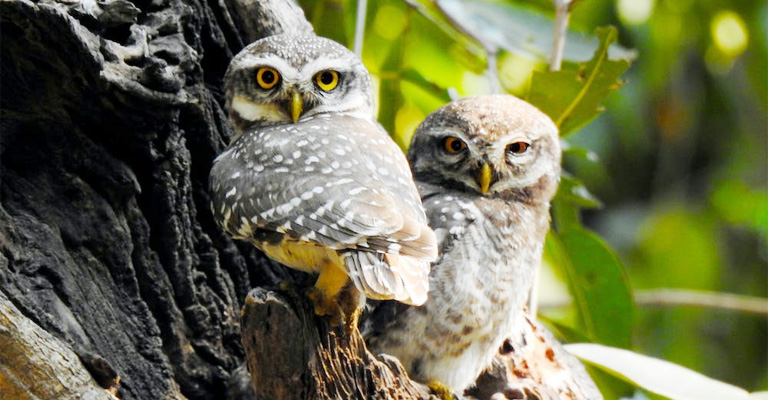
A third reason why owls are respected for their intelligence is because of their adaptation to their environment. Owls are nocturnal hunters that have evolved remarkable senses and skills to catch their prey.
Owls have excellent vision and hearing that allow them to locate their prey in the dark. Owls also have silent flight and sharp talons that enable them to strike swiftly and stealthily.
Owls can adapt to different habitats and climates, ranging from deserts to rainforests.
Memory
A fourth reason why owls are praised for their intelligence is because of their memory. Owls have a good spatial memory that allows them to remember the locations of their nests, roosts, hunting grounds, and food caches.
Some owls can also recognize individual humans and other animals by their faces or voices and react accordingly.
Learning
A fifth reason why owls are admired for their intelligence is because of their learning ability. Owls can learn from their own experiences and from observing other owls or animals.
Some owls can learn to associate sounds or signals with rewards or punishments and modify their behavior accordingly.
Some owls can also learn to solve simple problems or use tools to obtain food or water.
Communication
A sixth reason why owls are valued for their intelligence is because of their communication skills.
Owls have a variety of vocalizations that convey different messages, such as territorial claims, mating calls, alarm calls, or social interactions.
Some owls can also communicate with body language, such as head movements, eye contact, or wing gestures.
Emotion
A seventh reason why owls are appreciated for their intelligence is because of their emotion.
Owls have been shown to display emotions such as happiness, sadness, anger, fear, or curiosity. Some owls can also form bonds with other owls or animals and show affection or loyalty.
Creativity
An eighth reason why owls are esteemed for their intelligence is because of their creativity. Owls have been observed to exhibit creativity in how they hunt, play, or interact with other creatures.
Some owls can improvise new strategies or techniques to catch their prey or escape from predators. Some owls can also use objects or materials in novel ways to entertain themselves or attract mates.
Personality
A ninth reason why owls are respected for their intelligence is because of their personality. Owls have been found to have individual personalities that influence their behavior and preferences.
Some owls are more bold or shy, more aggressive or passive, more curious or cautious than others.
Do All Cultures Consider Owls Intelligent?
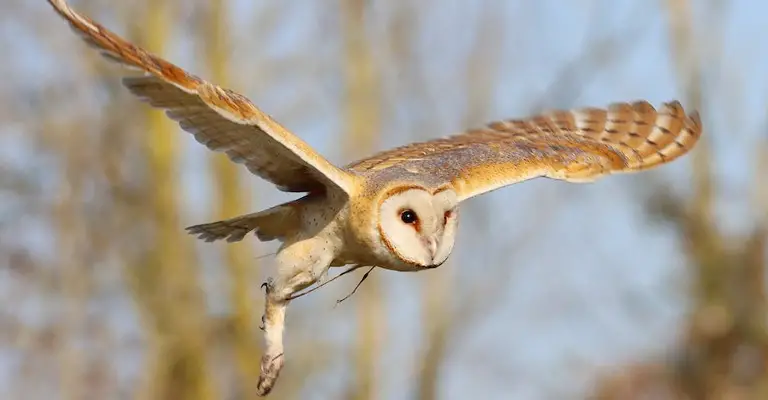
No, not all cultures consider owls intelligent. In fact, owls have different meanings and symbolism in different cultures, ranging from wisdom and knowledge to death and evil.
Here are some examples of how owls are perceived in various cultures:
- In ancient Greece, owls were associated with Athena, the goddess of wisdom and war. Owls were seen as protectors and symbols of victory. They were also believed to have prophetic powers and reveal hidden truths.
- In early Rome, owls were considered bad omens and harbingers of death. To hear the hoot of an owl meant that someone would die soon. Owls were also linked to witchcraft and dark magic.
- In Native American cultures, owls had different meanings depending on the tribe. Some tribes, such as the Hopi and the Zuni, revered owls as guardians of the underworld and messengers of the spirits. Other tribes, such as the Pawnee and the Sioux, feared owls as symbols of death and destruction.
- In Chinese culture, owls were seen as evil creatures that brought misfortune and illness. They were also associated with ghosts and demons. People would avoid mentioning or seeing owls, especially during the night.
- In Japanese culture, owls were considered lucky animals that brought happiness and prosperity. They were also associated with wisdom and learning. People would keep owl figurines or charms as talismans or gifts.
As you can see, owls have diverse and contradictory meanings in different cultures.
Which Bird Is Known As An Intelligent Bird?
There are many birds that are known for their intelligence, such as crows, ravens, parrots, magpies, and jays.
These birds belong to the corvid and psittacine families, which are widely considered to be the most intelligent birds, and among the most intelligent animals in general.
Here are some examples of intelligent birds, along with a paragraph description for each point:
Crows
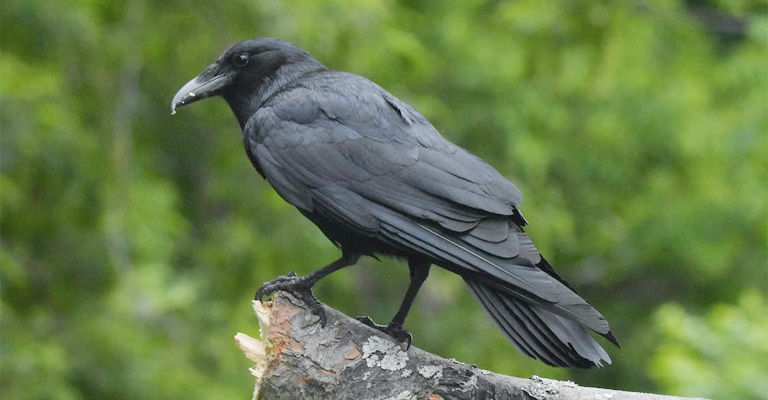
Crows are by far the smartest birds in the world. They can use tools, solve problems, remember faces, and even communicate with each other.
Crows can also learn from their own experiences and from observing other crows or animals. Crows are very adaptable and can live in different habitats and climates.
Ravens
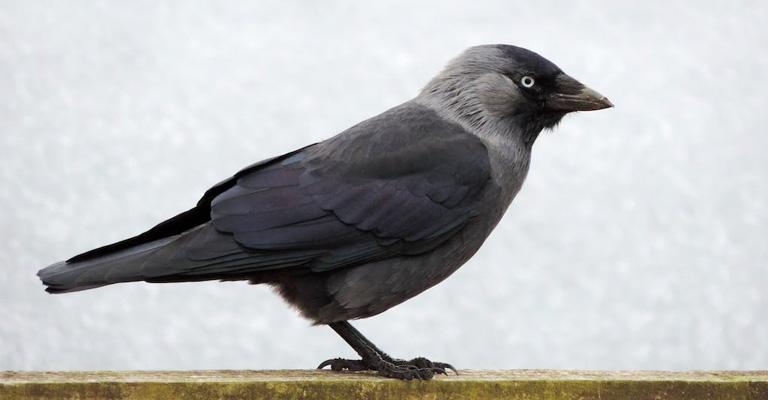
Ravens are closely related to crows and share many of their abilities. Ravens are also among the most intelligent birds on Earth for several reasons.
They can plan ahead, make complex decisions, and cooperate with each other. Ravens can also mimic human speech and other sounds.
Parrots
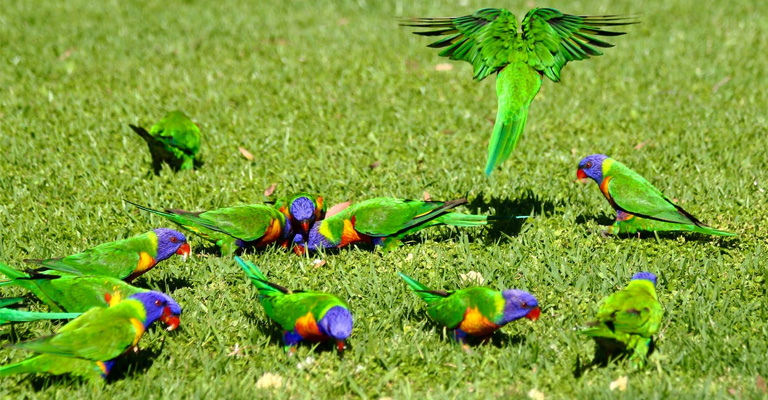
Parrots are famous for their ability to imitate human speech and other noises. Parrots can also learn words and phrases and use them in appropriate contexts.
Parrots have large brains relative to their body size and can perform tasks that require logic, memory, and creativity.
Magpies
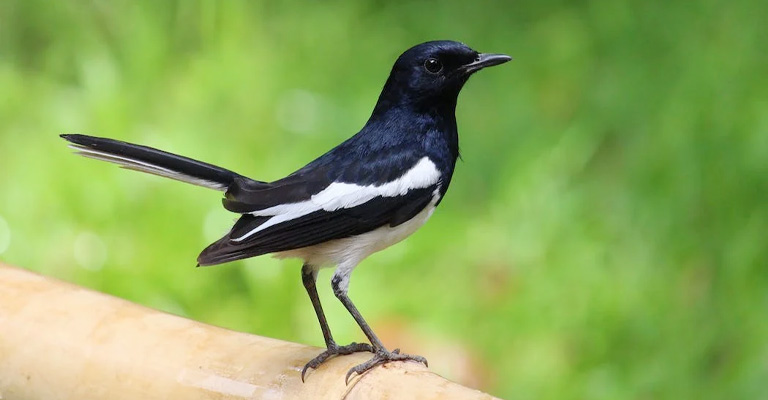
Magpies are members of the Corvid family and have a high level of intelligence. Magpies can recognize themselves in a mirror, which is a sign of self-awareness.
Magpies can also use tools, solve puzzles, and store food for later use. Magpies are very social and form strong bonds with their mates.
Jays
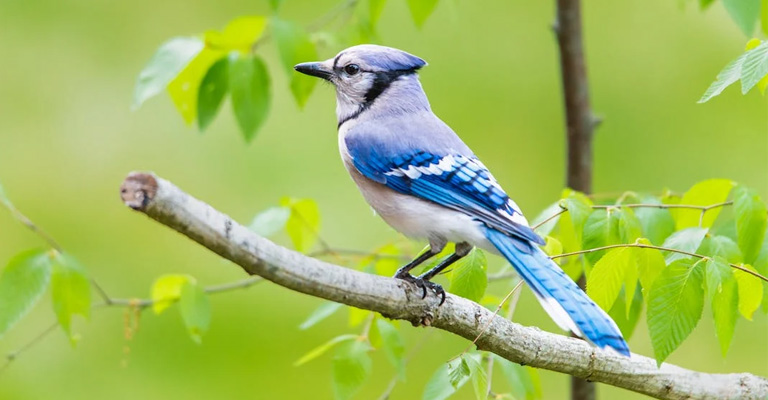
Jays are another group of corvids that display remarkable intelligence. Jays can remember where they hid hundreds of food items and even recall what type of food it was and how long ago they stored it.
Jays can also deceive other jays by pretending to hide food in one place while actually hiding it in another.
FAQ
Owls are deemed competent due to their exceptional adaptations. Their large eyes offer acute night vision, while specialized facial discs funnel sounds for precise hearing.
Their ability to navigate in darkness and locate prey showcases advanced problem-solving skills and cognitive prowess.
Owls exhibit intelligence through complex hunting techniques, such as silent flight and accurately judging distances in low light.
They adapt to various prey, using strategies like camouflage and surprise attacks, displaying their ability to assess situations and adjust their approach.
Owls’ brain structures are optimized for processing sensory information. Their large brains relative to body size suggest cognitive sophistication.
Owls can learn and remember specific calls, recognize individuals, and adapt to changes in their environment, showcasing their advanced cognitive abilities.
Owls’ forward-facing, oversized eyes provide exceptional night vision, crucial for hunting in darkness. Their facial disc feathers help focus sound, allowing them to accurately locate prey through echolocation.
These anatomical adaptations enable owls to process information effectively, highlighting their intelligent nature.
Owls demonstrate problem-solving skills by adapting to changing circumstances. They choose optimal nesting sites, assess prey behavior, and adjust hunting strategies.
Observations of their ability to navigate complex environments, coupled with their resourcefulness, underscore their reputation as intelligent avian predators.
Conclusion
In the tapestry of avian life, the owl emerges as a testament to nature’s ingenuity and adaptability, embodying intelligence in its most nuanced form.
The amalgamation of acute senses, unique anatomical features, and remarkable problem-solving abilities cements the owl’s status as an intelligent bird.
Its ability to thrive in the cover of darkness, to master the intricacies of silent flight, and to decipher complex auditory cues serves as a testament to its remarkable cognitive capacities.
The owl’s mystique is not solely born of its physical attributes but of the lessons it imparts about the boundless intricacies of the natural world.
Through its very existence, the owl invites us to unravel the enigmas of intelligence, reminding us that the pursuit of knowledge is as timeless as the ancient hoots that echo through the night.